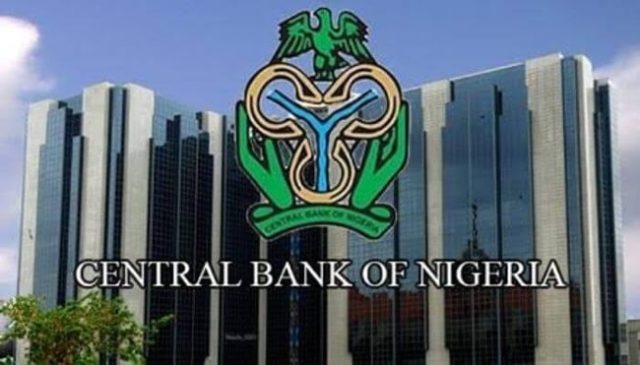The Central Bank of Nigeria (CBN) is embracing a new wave of transparency and collaboration, as evident from Governor Dr. Olayemi Cardoso’s recent interview with Arise TV. This move has received applause from asset management giant United Capital Group, who view it as a “prudent and forward-thinking approach.”
Here’s what this shift entails:
Stakeholder Power: Say goodbye to solo decisions at the top. The CBN plans to involve “players with proven experience” from various sectors, ensuring diverse perspectives inform future interventions. This, United Capital believes, will “promote inclusivity within the market and strengthen confidence in the economy.”
Communication is Key: The “newly adopted communication strategy” focuses on educating the public about the “rationale behind the apex bank’s decisions.” Clearer communication surrounding, for example, the Monetary Policy Committee’s choices, is expected to shed light on crucial economic decisions.
No More Failed Interventions: Gone are the days of interventions that miss the mark. Governor Cardoso emphasizes the need for “a framework to ensure that once you do it, it reaches the people it is meant to reach.” This means targeted programs with effective delivery mechanisms to truly help farmers, SMEs, and the wider population.

Collaboration, Not Isolation: The CBN is stepping away from a go-it-alone approach. Instead, they’ll leverage the “convening power” to bring stakeholders together – not just domestic Development Finance Institutions (DFIs) but international players with proven success stories. This collaborative effort aims to “agree on a way forward” for impactful interventions.
Learning from the Past: The N9 trillion already spent on interventions highlights the need for a better approach. As Cardoso states, “We do not have the luxury of failed interventions any longer.” The new collaborative and transparent approach aims to address inflationary pressures, exchange rate concerns, and deliver genuine relief to those who need it most.
This shift in strategy could mark a turning point in the effectiveness of CBN interventions. With increased stakeholder involvement, clear communication, and a focus on targeted impact, the hope is to create interventions that truly benefit the Nigerian economy and its people.





















